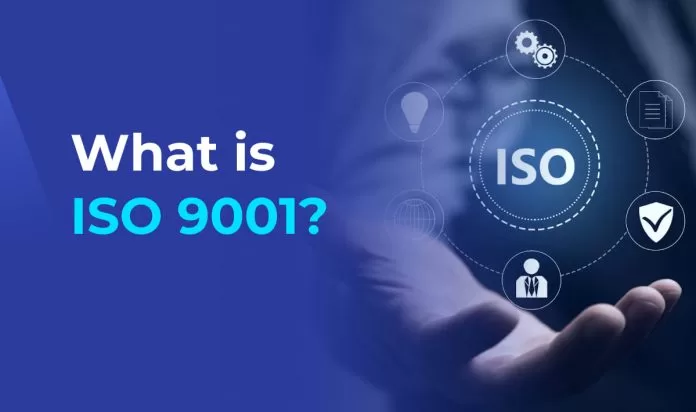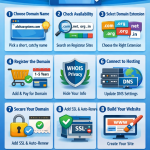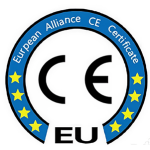ISO 9001 consultancy in Kampala: ISO 9001 Certification: A Strategic Asset for AlohaX System
ISO 9001 consultancy in Kampala Uganda
In a competitive global market, quality is more than a deliverable—it’s a promise. For AlohaX System, which leads in software development, IT solutions, and creative branding, ISO 9001 certification offers a structured framework to ensure that every product, campaign, and client interaction meets internationally recognized standards of excellence.
What Is ISO 9001?
ISO 9001 is a globally accepted standard for Quality Management Systems (QMS). It defines principles and requirements for consistently delivering products and services that meet customer and regulatory expectations. The standard is applicable across industries and is especially relevant for firms that prioritize client satisfaction, process optimization, and continuous improvement.

Why ISO 9001 Matters for AlohaX System
1. Client Confidence and Retention
ISO 9001 certification signals that AlohaX System follows rigorous quality protocols. This builds trust with clients—especially in sectors like e-commerce, mobile apps, and branding—where reliability and consistency are critical.
2. Process Efficiency
The QMS framework helps identify inefficiencies, reduce errors, and streamline workflows. Whether managing multilingual branding campaigns or deploying custom CRM platforms, ISO 9001 ensures that internal processes are optimized for performance.
3. Global Market Access
Many international clients and government tenders require ISO 9001 certification as a prerequisite. Achieving it positions AlohaX System for expansion into new markets and partnerships.
4. Team Alignment
ISO 9001 fosters a culture of accountability and continuous improvement. It encourages cross-functional collaboration, clear documentation, and measurable goals—essential for scaling creative and technical teams.
ISO 9001 Implementation Process
Step 1: Define Scope and Objectives
Determine which departments and services will be covered. For AlohaX, this might include software development, branding strategy, client servicing, and quality control.
Step 2: Gap Analysis
Assess current practices against ISO 9001 requirements. Identify areas for improvement in documentation, client feedback handling, and process consistency.
Step 3: QMS Design
Develop policies, procedures, and quality objectives. This includes:
- Quality Manual
- Process Maps
- Roles and Responsibilities
- Client Satisfaction Metrics
Step 4: Implementation
Roll out the QMS across teams. Train staff, document workflows, and integrate quality checks into daily operations.
Step 5: Internal Audit
Conduct audits to evaluate compliance and effectiveness. Address any non-conformities and refine processes.
Step 6: Certification Audit
Engage an accredited certification body for external assessment. Upon successful audit, AlohaX receives ISO 9001 certification, valid for three years with annual surveillance. ISO 9001 consultancy in Kampala.
Post-Certification Strategy
ISO 9001 should be integrated into AlohaX’s branding and outreach: ISO 9001 consultancy in Kampala.
- Highlight certification in proposals and marketing materials.
- Use quality metrics to showcase campaign success.
- Reinforce client trust through transparent reporting and feedback loops.
ISO 9001 consultancy in Kampala Read More About ISO 14001 and 27001






